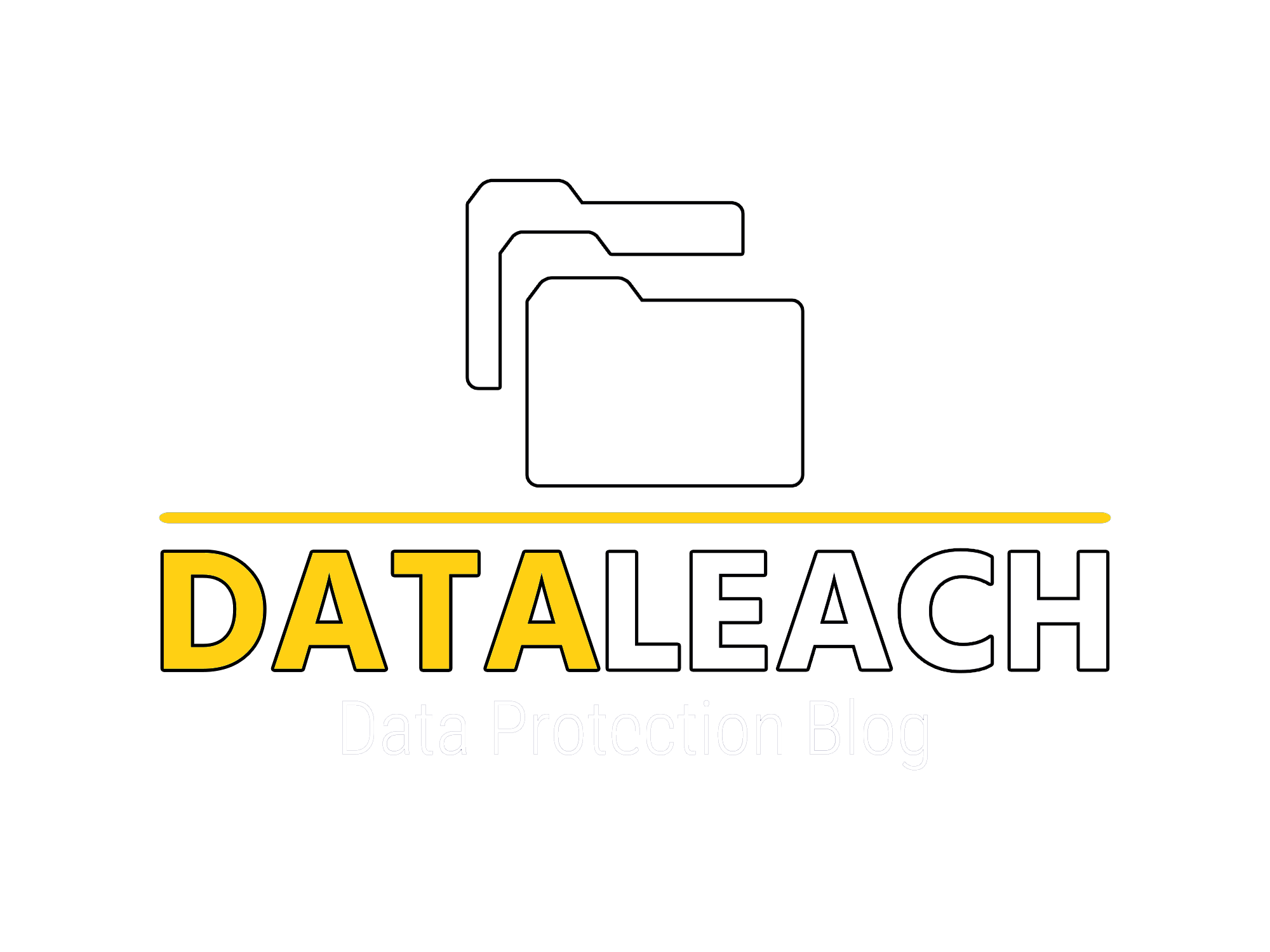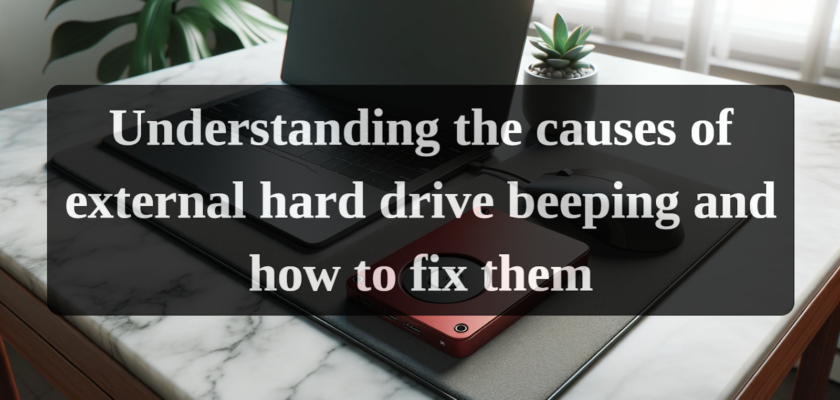External hard drives are invaluable for safeguarding digital assets. Yet, occasionally, they may beep alarmingly, indicating potential issues. This guide elucidates the causes behind such beeping and offers pragmatic solutions.
Understanding The Beeping Phenomenon
The squeaking sounds of external hard drives are often a precursor to mechanical failures. Specifically, the read/write heads, floating above the spinning platters inside, may generate a beeping sound upon misalignment or encountering problems attempting to reset or recalibrate.
Common Culprits of Beeping
- Physical Damage: Being portable, these drives are susceptible to drops and shocks that may misalign the read/write heads or damage the spindle motor.
- Power Discrepancies: Insufficient power from the USB port may impede the drive from spinning up, causing beeping.
- Connection Glitches: Loose cables or defective USB ports can trigger beeping.
- Data Corruption: A corrupted file system struggling to read data can also lead to beeping.
Risks Associated with Beeping Drives
A beeping drive is a harbinger of potential data loss. Ignoring it can exacerbate damage, render data inaccessible, and the drive irreparable.
Troubleshooting Beeping Drives
- Immediate Disconnection: Disconnect the drive to avert further damage.
- Connection Inspection: Check and replace faulty cables, or try different USB ports.
- Power Supply Assessment: Ensure adequate power; some drives may require an external power source.
- Alternate Computer Testing: Connect to a different computer to ascertain if the problem lies with the USB port or the drive.
- Avoiding Command Prompt Fixes: Refrain from command prompt fixes unless proficient; consider professional assistance for complex issues.
- Professional Data Recovery: Engage professional data recovery services if valuable data is at risk and self-resolution proves futile.
Preventative Measures
- Gentle Handling: Avoid dropping or physically jolting the drive.
- Stable Power Source: Ensure a consistent power supply to preclude power-related issues.
- Safe Ejection: Always safely eject the drive before disconnecting.
Encountering a beeping external hard drive can be daunting, especially with crucial data at stake. Tackling minor connectivity or power issues is manageable for most, but for severe or complex problems, professional data recovery services are advisable. Ultimately, vigilant handling and regular backups are the quintessential measures to ward off data loss calamities from beeping hard drives.
Professional Assistance
If troubleshooting proves ineffective, consulting professionals specializing in data recovery is a prudent step to recover invaluable data.

